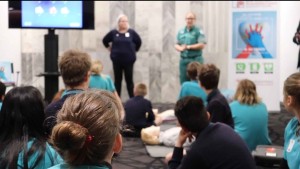Together We Can Save Lives!
Only one in ten survive a cardiac arrest. We can beat that, and that's what World Restart a Heart Day is all about!
On October 16th, thousands of resuscitation trainers around the world will take part in a coordinated effort to teach life-saving cardiopulmonary skills to as many people as we can.
As always with these international calendar events, we here in New Zealand have the privilege of being first in line.
Restart a Heart Day was first observed in Aotearoa last year, with events taking place in such places as Auckland, Wellington, Masterton, Christchurch.
This year we plan to take things up a notch.
Council member organisations have a range of activities planned. This will include resuscitation training provided to travellers in airports up and down the country. On top of this, a number of secondary schools, workplaces, and clubs have signed up to be taught CPR.
If you would like to help out, or get in touch for more information about activities in your area, please contact us here.
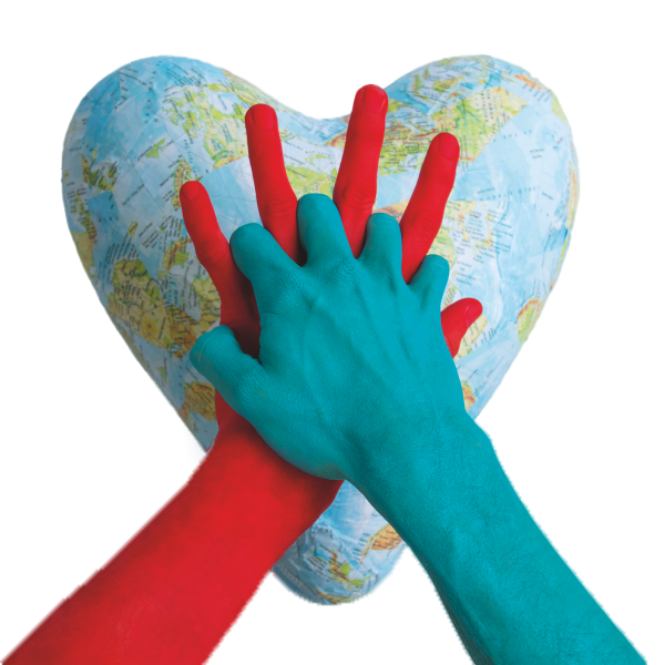
Let's raise awareness in our communities!
This is a fantastic opportunity to raise the community profile of your organisation and to showcase your skills. Media will be paying attention, and it's a great chance to give back to the community.
You can also create an event of your own! If there's nothing in your area on the 16th, you could talk to your local school, Rotary Club, RSA, Ultimate Frisbee League or whatever you can think of. See if they're keen to be taught about saving lives. Even if it isn't possible for you to run a full practice session, you could always drop off some educational materials to be distributed among students or club members.
How does this sound to you? If you're keen to organise something, or you are already organising something, there's one last request. We'd really appreciate you filling out a short survey (only four questions!) telling us more about what you intend to do. This will help us compare this year's events to last years, and will also allow us to tell people more about what's available in their area.
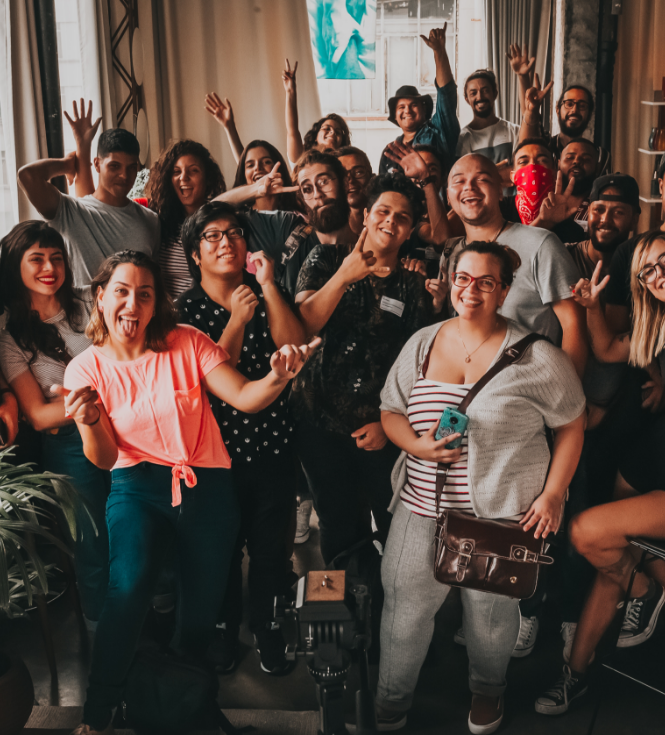
NZ Resuscitation Council Role
The New Zealand Resuscitation Council endorses the statement Kids Save Lives, which was upheld by the World Health Organisation in 2015.
Kids Save Lives advocates a mandatory minimum requirement for all school children aged 12 and older to do two hours of CPR training every year.
The Ministry of Education and New Zealand Resuscitation Council have partnered to develop 'AEDs in schools', a guidance document for school boards and leaders.
'AEDs in schools' raises awareness that sudden cardiac arrest may happen to anyone, and it may occur on school grounds or during school activities.
Schools are encouraged to prepare for such an emergency and consider the value of an onsite automated external defibrillator (AED).
'AEDs in schools' has now been released by the New Zealand Ministry of Education.
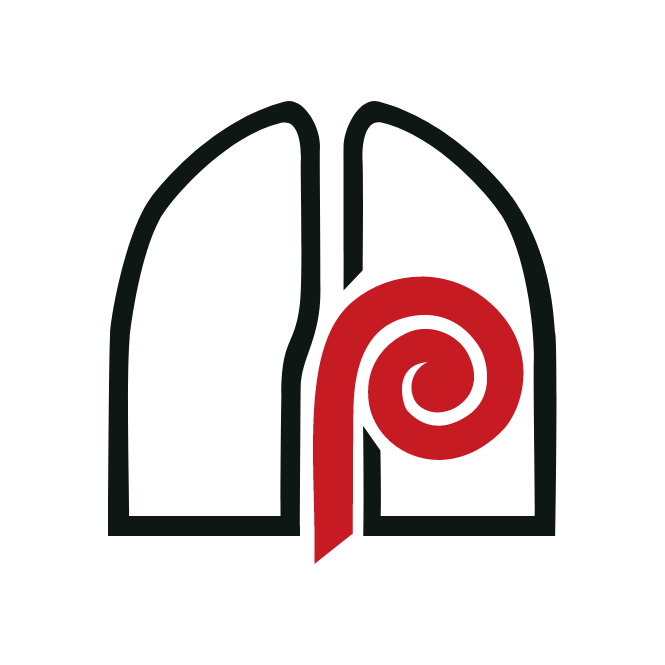
Principles of WRAH
The following overarching principles of ILCOR WRAH have been agreed:
1) WRAH Day will occur every year on 16 October, commencing in 2018.
2) The International Liaison Committee On Resuscitation will share resources and enthuse and motivate regional resuscitation councils. Involvement with WRAH will be voluntary for national resuscitation councils (NRCs), and they will be encouraged to develop their own strategies that fit their own countries.
3) It is not essential that all activity has to take place on one particular day (i.e., 16 October) but that it is done as close to that day as possible. It is important that a specific day is kept for the majority of the activity – and we would hope that most people do training on this day – particularly for media activity.
4) We will not limit WRAH activity to school children, although if countries wish to prioritise the training of children then we have many resources to share with them to enable this to happen.
5) We will have a media strategy for WRAH. On this page are examples of good practice from previous years and downloads of materials. This includes media packs, sample letters to schools etc., and all these will be shared
All seven constituent councils of ILCOR are supporting a global initiative to increase awareness about the importance of bystander CPR and to also increase actual bystander CPR rates worldwide.
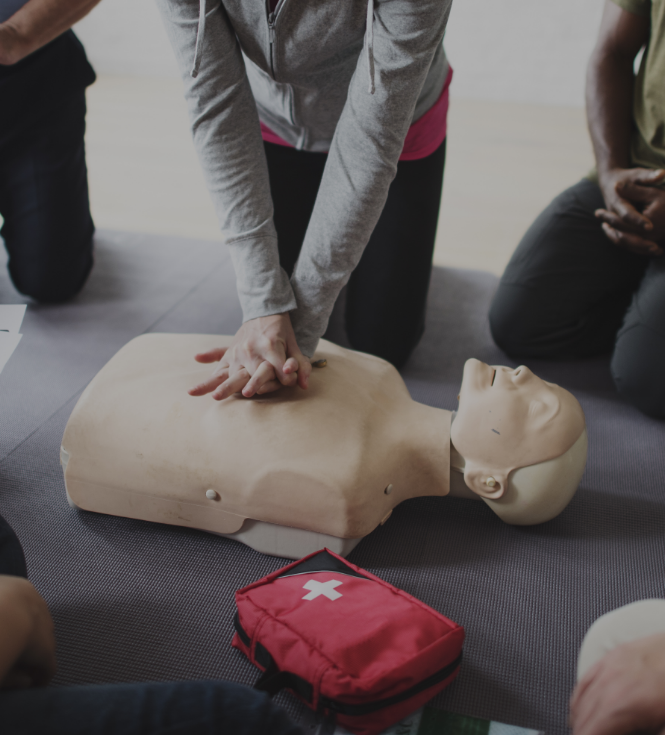
Our Stories
14 October 2023
“I felt quite fortunate to have done my full first aid course, if I hadn’t, I would’ve been even more panicked.”
February 2023 23 year old Atelea (Te Arawa, Ngāti Whakaaue) was working as part of the response for Cyclone Gabrielle in Hawkes Bay in his role in the Defence Force.
“I got to work that day and we were deployed to drive fuel tankers to an aerodrome in Waipukurau. This was to support helicopters to scope damage from the cyclone”.
“The original plan was to stay in Waipukurau, but evacuees needed to be accommodated. The only accommodation available was a small couch at the aerodrome. A colleague of mine made the decision for us to return home for the night instead, a decision that, which I later realised, played a huge part in my survival story.”
Go to website
14 October 2023
"When the rubber hits the road you want to have the muscle memory of knowing how to do CPR."
On the morning of 18th of August 2014 Cliff woke up, turned off his alarm, and went into cardiac arrest.
Cliff (Ngāti Ruanui, Ngā Rauru, Ngāti Wehiwehi, Ngāti Raukawa) and his partner Alecia (Ngāti Awa, Ngāti Maniapoto) are sharing their experience 9 years on to raise awareness that cardiac arrest can affect anyone at any time, and at any age.
Cliff was only 39 at the time of his cardiac arrest and did not have any prior warning signs or symptoms.
13 October 2023
“Our coach told the boys, ‘I don’t care what you do, kick those doors down”.
“After my cardiac arrest there was lots of talk of being lucky. I shouldn’t be lucky. People should know that if something happens at a sports event or somewhere else, there should be someone there trained to save their life”.
Heinrich’s day was a usual one, he was running a bit late to rugby training at his rural Taranaki club, Coastal Rugby. It was a cold night and he joined in on warming up with his team and started feeling slightly out of breath, but he remembers thinking this was because of the cold.
He remembers feeling a cold chill travel up his neck, feeling breathless and needing to take a knee, and feeling a thud. Heinrich was in Cardiac Arrest.
16 October 2022
Ella's Story: "I know I did everything I could, because I was trained."
Geoff’s story did not end how anyone expected. Ella along with her parents Geoff and Alison were travelling around the Nelson area in October 2020.
Ella remembers looking at her Dad who was leaning over strangely and had sat down on the wooden railing.
Her Dad Geoff suddenly collapsed.
15 October 2022
Neil's Story: “You don’t think you’ll need it until one day you do - get the training before you need to use it".
Neil has often been at the right place in the right time to save a life. When he started going to annual first-aid training for his job, he didn’t expect these skills to be used so often throughout his life. His message to people thinking about becoming first aiders: “You don’t think you’ll need it until one day you do - get the training before you need to use it".
13 October 2022
Tennis players rally to save woman's life
Registered Nurse Jane Brunton was playing tennis with her friends Julie and Michelle on a hot Waikato summer morning when the woman serving opposite her collapsed.
Jane, Julie, and Michelle are sharing their story as part of New Zealand Resuscitation Council’s World Restart a Heart campaign to highlight the importance of teamwork when saving a life.
Jane knew she needed to start CPR and get an AED quickly. By rallying her team, together they saved a life.
13 October 2022
Kate's Story: "Don’t wait for a tragic event to happen to get trained to save a life. It is very easy to learn"
Kate Robb is a Registered Nurse with over 39 years of experience, describing herself as having a basic need to help people. As a Critical Care Nurse, Kate is familiar with responding to emergency situations. However Kate didn’t expect that on a family holiday she would have to render help to someone in need.
6 April 2022
CPR Saved my Life: Quick action from parents saves 20 year old’s life
A 20-year-old is not usually someone you would associate with a cardiac arrest. A cardiac arrest can happen to anyone, anywhere and at any time without warning. Em Seyb and her parents, Roger Seyb and Karyn Sinclair, discovered this on the evening of 2 November 2020 when they saved Em’s life with their fast response. Em and her family are sharing their story as part of the New Zealand Resuscitation Council’s World Restart a Heart Day Campaign.
2 November 2021
CPR Saved my Life: Donnie and Janice's Story
Because of their training as co-responders Janice said she felt they had a “magic cloak of safety, that a medical emergency won’t happen to you”.
5 October 2018
National partnership to promote save a life campaign
World Restart a Heart Day, 16th October will be bigger than ever this year and will see St John New Zealand partnering with Fire & Emergency NZ, NZ Police, NZ Defence Force,..
Past Events
World Restart a Heart Day 2022
In 2022 we focused on the role of bystanders and the importance of their response when someone is in cardiac arrest. In Aotearoa bystanders respond in 75% of cardiac arrests, these people may be colleagues, team mates, friends, family or even strangers. In 2022 we spoke to 4 groups about their incredible response when faced with a medical emergency. #WorldRestartaHeart #IknowCPR
Read more
Restart a Heart Day 2021
Approximately 5 people a day are treated for an out-of-hospital cardiac arrest in Aotearoa, which is about 2000 people annually.
Of the 2000 people responded to by emergency services, 25% will have a pulse when they arrive at a hospital and only 13% survive more than 30 days following a cardiac arrest.
In 2021 we shared stories of survival using #CPRSavedMyLife. Thank you for sharing your stories.
Read more
Restart a Heart Day 2020
This year in 2020 192 countries are celebrating the 60th Year of CPR apart but together on social media.
In a socially distanced world we are joining with our colleagues around the globe promoting bystander CPR and the Kids Save Lives message on social media. If you are celebrating World Restart a Heart Day we would love to see it.
Read more
Restart a Heart Day 2019
2019 was the first year the New Zealand Resuscitation Council has held their own event. We were fortunate to be hosted at New Zealand’s Parliament Buildings.
Read more
Restart a Heart Day 2018
With World Restart a Heart Day behind us, we can look back proudly on New Zealand’s role in a global success.
Thousands of people took part in activities across the country, and many thousands more were reached in a coordinated information campaign by the organisations taking part.
Below are some of the highlights. As always, the important thing is that life saving skills were taught, and an empowering message was successfully promoted.
Read more

